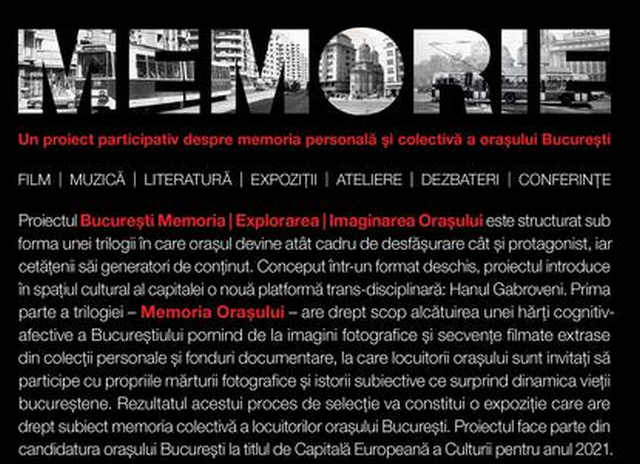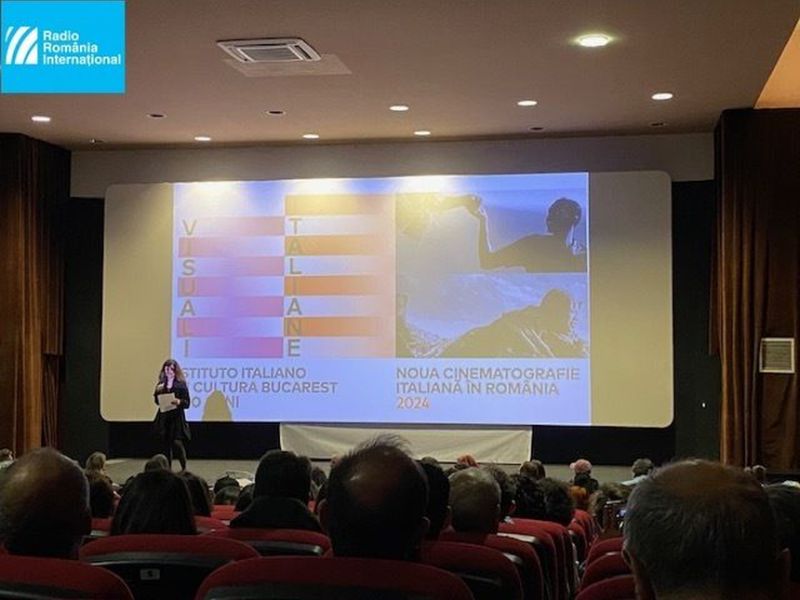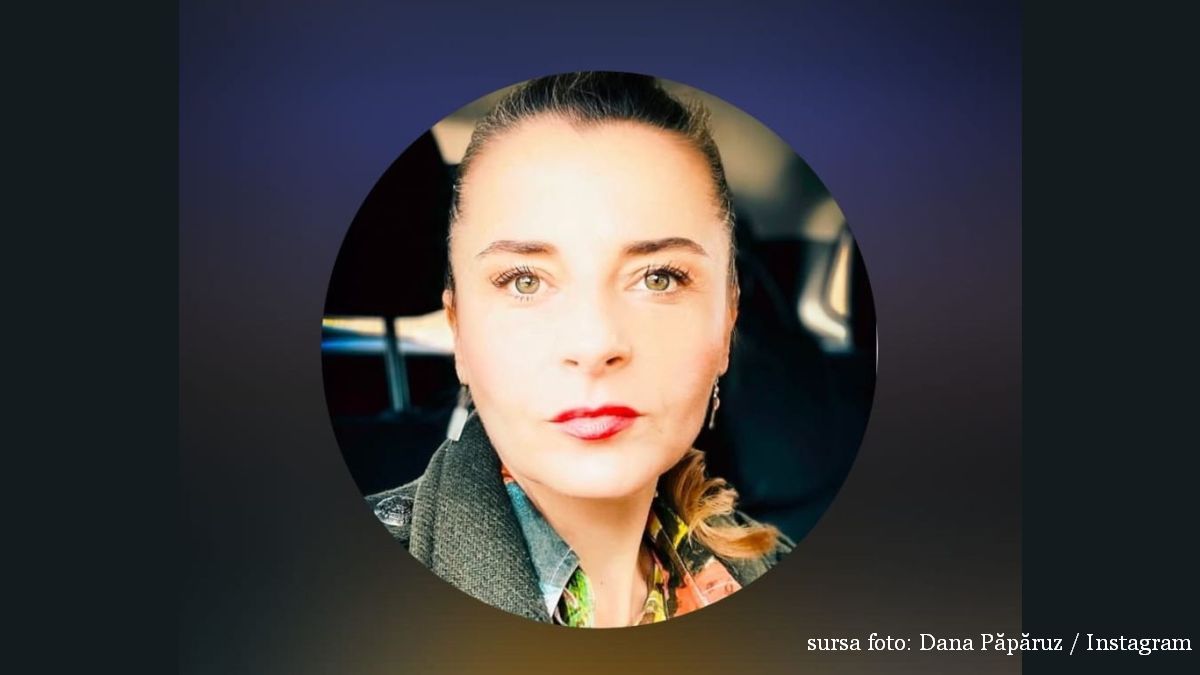Bucharest, between memory and exploration
Memory is an interactive project that launched Bucharests application for the title of European Cultural Capital in 2021.

Corina Sabău, 29.08.2015, 13:00
Memory is an interactive project that launched Bucharest’s application for the title of European Cultural Capital in 2021. The project is carried out at the recently restored Gabroveni Inn and is in the form of a trilogy: Memory, Exploration and Imagining the City, in which the city functions as both a setting and a protagonist. Svetlana Carstean, the curator of the literary events held at Gabroveni Inn explains:
The first part of the project, Memory, has just started, and will end in mid May. One of the events held at Gabroveni Inn, many of which take place over the weekend, was dedicated to literature. We selected a few authors out of many good one and asked them to speak about the city. We wanted to put them face to face with each other, in order to create some interesting tension arising from their often-contradictory views. Some say they have unconditional love for Bucharest, others say they feel estranged in this city; others say they only feel at home when they return to Bucharest, others say they could leave the city at any time. The project dedicated to literature lasted three days. One debate featured Ioana Parvulescu and Razvan Petrescu and was hosted by critic Florina Parjol. This was followed by a debate between writers Adrian Schiop and Mihai Dutescu hosted by critic Paul Cernat. All writers included in the project have an important connection to Bucharest. Another debate featured writers Gabriela Adamesteanu and Simona Sora and was hosted by literary critic and historian Andreea Rasuceanu. My intention is to have Rasuceanu give a talk all by herself, because she is an extraordinary specialist in literary geography and is now working on a book about how Bucharest is reflected in literature, from the works of Mircea Cartarescu to those or Simona Sora.
The Memory project also included a poetry marathon with Adela Greceanu, Florin Iaru, Octavian Soviany, Miruna Vlada and Elena Vladareanu, an event hosted by Svetlana Carstean:
Each of these writers agreed to reveal their relationship with Bucharest. Something extraordinary was born out of these encounters and I would like to continue this series of events, because I would like to hear many more writers talk about Bucharest. This was just one of the projects. Gabroveni Inn is also home to an exhibition that is very different from what I have seen in Bucharest containing a small archive of old photographs from Bucharest. Visitors can choose a photograph, have it scanned and printed and then exhibit it at a different location, accompanied by their thoughts about the photograph in question and the memories it brings back. I have seen many people doing this and we also have many such recollections from writers.
The first part of the trilogy dedicated to Bucharest, the Memory of the City, aims at creating a cognitive and emotional map of Bucharest based on photographs and footage originating from private collections and archives. The inhabitants of the city are encouraged to contribute their own photographs and recollections capturing life in the metropolis. Curator Svetlana Carstean:
When I joined this project, thinking about what type of events to propose and how to bring together the most interesting people, I never thought of the consequences, of the fact that I would have to reconsider my own position. The process of ‘memory’ started out with a handful of people and I think it will continue with many more others. This is in fact one of the aims of the project and one of the criteria involved in the assessment of Bucharest’s application, namely the authentic and massive activation of the community. I would like that not only the people in the artistic community would speak about how they see Bucharest, which is in itself very interesting, given that we rarely see writers come together and speak about Bucharest. It is very interesting to hear writer Andrei Schiop say that if he makes some money, he plans to buy an apartment in Ferentari. Or hear someone else say they want to get as far as possible away from Bucharest. I was not born in Bucharest, but in Botosani, and I spent the first few years of my life in the countryside, with my grandparents, so I went through two traumatic moments in my life: first, when I was seven and had to adjust to living in a town, Botosani, small, but a town nevertheless, and a second time when I arrived in the big city, the metropolis. I have been living in Bucharest since 1988, for 27 years, so I could say I am at home here, and in a sense I am. However, I don’t really feel at home here, I have not really been adopted by this city. I have seen the city go through different stages, I have lived in many places, whether apartment blocks or houses so run-down they were almost collapsing, others in good condition, others that felt like living in a ghetto. I think this project will be a permanent source of surprise and it is clear to me that I have to reconsider my own position vis-à-vis this subject.
In 2021, there is a chance that Bucharest may join a long list of European cities that were awarded the title of European Capital of Culture. The national competition to select the city that would apply for the title on behalf of Romania was launched in December 2014. Apart from Bucharest, other Romanian cities vying to apply for the title are Cluj Napoca, Timisoara, Iasi, Craiova, Arad, Sfantu Gheorghe, Oradea, Alba Iulia, Braila and Brasov.





























